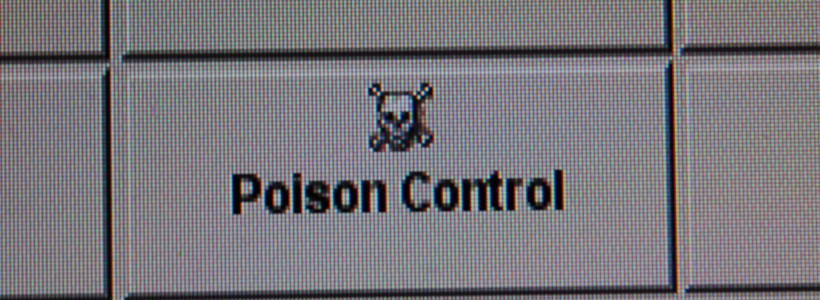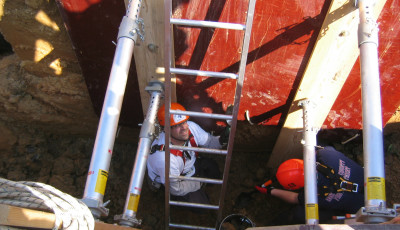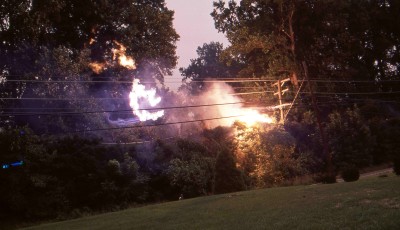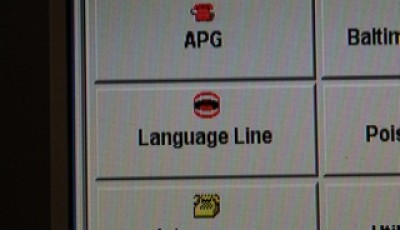Previous Story
Inject Poison Control Into Your Toolbox
Poison control centers are organizations that are available to the private or public sector. For emergency services, dispatchers are able to use this resource to give pre-arrival instructions to the caller or to relay patient care instructions and treatment recommendations to responding or on-scene units.
How Poison Control Works In The Dispatch Center
Although each 911 center has different policies, most poison calls are generally handled in the same manner. 911 callers may be requesting an ambulance or they may just want advice on what to do. Most dispatch centers have an account with poison control and may need to have their PSAP client ID to initiate the call.
When the caller states that there was a poisoning or overdose with a substance or chemical, dispatch will initiate a call for medical units to respond.
Some jurisdictions will also require automatic police response. Check your policy to see if this is an automatic response or if you need to request it, and listen carefully when dispatched to see if law enforcement is being alerted. After the call has been sent to dispatch, the call taker can connect the caller with poison control where they will obtain a few pieces of information to assist the caller.
What Does Poison Control Need To Know?
What substance and how much?
When it was taken?
Symptoms?
Age, weight, health conditions and medications?
With this information Poison Control will provide a recommendation for home care, ambulance transport, and/or doctor/emergency room care.
When And How Field Units Can Use Poison Control
Follow your jurisdiction’s SOPs on how to handle these types of calls. You may be able to contact PC from you personal cellphone, or you may need to go through your dispatch center. Sometimes consultation with your medical director will be sufficient as they have access to poison resources as well. PC can give information to responders advising them if they recommend transport and what kind of treatment the patient may need.
Remember, your SOPs and medical protocols are ultimately what you need to follow.
How To Take These Calls A Step Further
Poison Control maintains statistics on poisonings. You can aid in this by reporting the information to your state poison center so they can look for trends and document other important information. All poison control centers are covered entities under HIPAA so sharing patient information with them is permitted.*
Many Poison Control Centers offer training for emergency services personnel. To take advantage of this training opportunity, find your local PC online and see what they have to offer.
*(https://mdpoison.com/healthcareprofessionals/ems.html)








